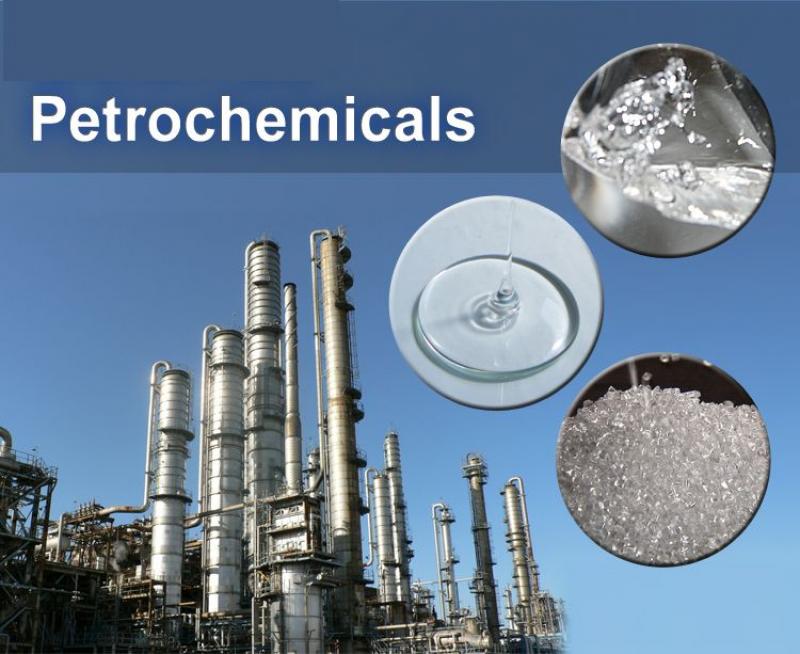Introduction
The Petrochemicals market stands at the heart of the modern industrial revolution, driving innovation and prosperity across diverse sectors. Derived from crude oil and natural gas, petrochemicals are the building blocks of countless products that we use in our daily lives. From plastics and fibers to pharmaceuticals and fertilizers, the petrochemical industry plays a pivotal role in shaping the modern world. In this article, we delve into the multifaceted world of petrochemicals, exploring its significance, applications, challenges, and the path towards sustainable practices.
1. Powering Industrial Advancements
Petrochemicals are the foundation of several key industries, including automotive, electronics, construction, and packaging. Ethylene, propylene, and benzene are among the essential petrochemicals used as raw materials in the production of plastics, resins, and synthetic rubber. These versatile materials serve as the backbone of countless products, contributing to economic growth and technological advancements.
2. The Plastics Revolution
The petrochemical industry spearheaded the plastics revolution, fundamentally transforming the way we live and interact with the world. Plastics have become an integral part of our daily lives, serving in various applications, from food packaging and medical equipment to electronics and construction materials. However, the widespread use of plastics has also given rise to environmental concerns, such as plastic pollution and its impact on ecosystems.
3. Sustainability and Circular Economy
As the global community recognizes the urgency of environmental conservation, the petrochemicals industry is striving to adopt sustainable practices. Circular economy models aim to reduce waste and promote recycling. Through innovative technologies, petrochemical companies are exploring ways to repurpose plastic waste and develop bio-based feedstocks, reducing dependence on fossil fuels and minimizing the environmental footprint.
4. Petrochemicals in the Energy Sector
Beyond their applications in consumer goods, petrochemicals also play a vital role in the energy sector. As feedstocks for the production of fuels and lubricants, petrochemicals enhance the efficiency and performance of vehicles and machinery. Additionally, advanced materials derived from petrochemicals are utilized in solar panels and wind turbines, contributing to the development of renewable energy sources.
5. Challenges and Opportunities
The petrochemicals industry faces numerous challenges, including volatile crude oil prices, geopolitical tensions, and stringent environmental regulations. These factors can impact supply chains and pricing dynamics, affecting global trade and economic growth. However, amidst the challenges lie opportunities for innovation and diversification, as the industry explores new frontiers in green chemistry and renewable resources.
6. Collaborative Solutions for a Sustainable Future
Collaboration among stakeholders is essential to drive sustainability in the petrochemicals sector. Governments, industries, and consumers must work together to foster responsible consumption and production patterns. Encouraging research and investment in green technologies and exploring alternative feedstocks will pave the way for a more sustainable petrochemical industry.
Conclusion
The petrochemicals market is a driving force behind modern industrial development, empowering key sectors and improving the quality of life for billions worldwide. While it faces environmental challenges, the industry is committed to embracing sustainable practices and contributing to a circular economy. As we navigate the future, collaborative efforts, technological innovations, and conscious consumer choices will shape the petrochemicals industry's journey towards a greener, more resilient, and prosperous world.
